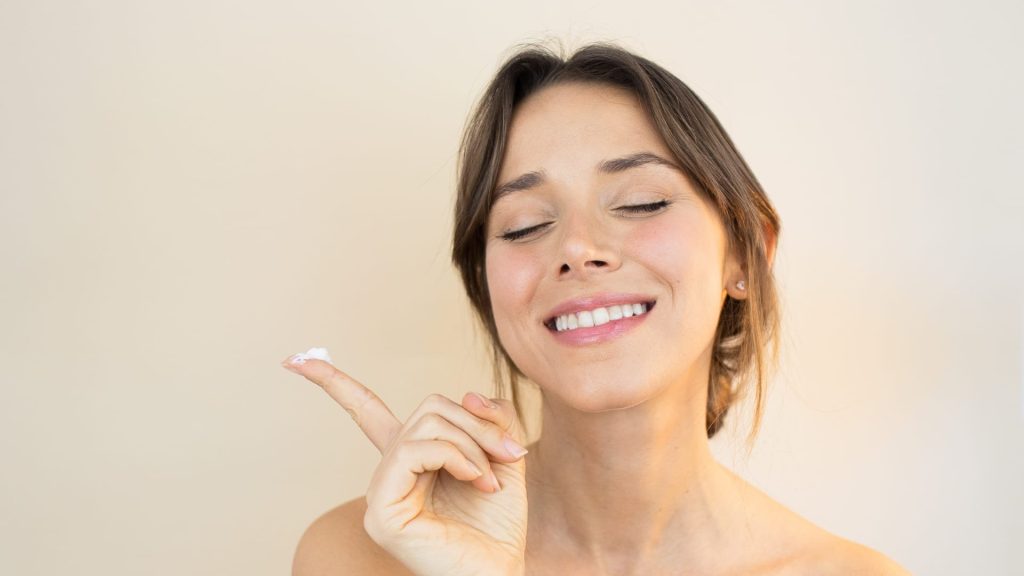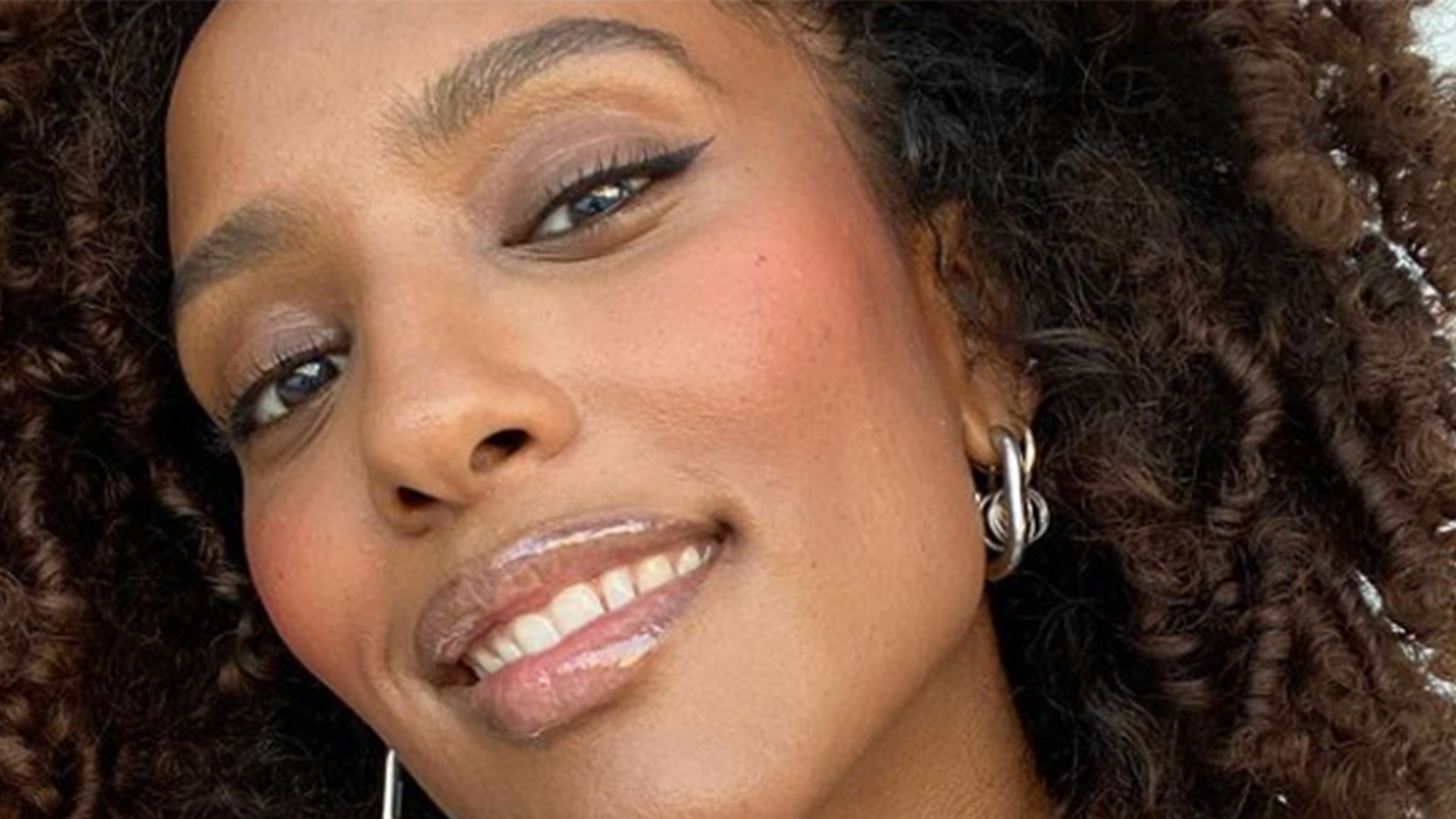The relationship between cosmetics and mental well-being has gained remarkable attention in an ever-evolving world where self-care and mental health awareness have taken center stage. Gone are the days when makeup was solely associated with external appearance; today, it has become a powerful tool for expressing oneself, boosting confidence, and promoting mental wellness. This intricate interplay between cosmetics and mental well-being is an exciting journey that unveils the transformative potential of makeup beyond skin-deep beauty.
The Psychology of Makeup
Makeup as a Self-Expression Medium
Makeup is not just a collection of pigments and powders; it is a form of self-expression that allows individuals to communicate their identity, mood, and creativity. Applying makeup can be therapeutic, offering a means to externalize inner emotions that might be difficult to express through words alone. Whether it’s a bold red lip representing confidence or soft pastel shades reflecting tranquility, makeup can be a powerful tool for non-verbal communication.
Boosting Confidence and Self-Esteem
The connection between makeup and confidence is undeniable. Enhancing one’s features or trying out a new makeup look can instill a sense of empowerment and self-assuredness. Studies have shown that individuals often experience a surge in self-esteem and confidence levels after applying makeup. This boost in confidence can extend to various aspects of life, contributing positively to mental well-being.
Mindful Makeup: A Deeper Connection
Ritualistic Self-Care Practices
Mindful makeup takes the concept of self-care a step further. It involves transforming the act of applying makeup into a mindful ritual, where each stroke of the brush is an opportunity to connect with oneself. Mindful makeup encourages individuals to be fully present in the moment, focusing on the sensations, textures, and colors as they apply cosmetics. This practice cultivates a sense of mindfulness and can have a calming effect on the mind.
Creating a Positive Self-Image
In a world where societal beauty standards can be overwhelming, mindful makeup encourages individuals to redefine beauty on their terms. By approaching makeup application with mindfulness, people can shift their perspective from “flaws to fix” to celebrating their unique features. This shift in mindset can foster a positive self-image and reduce the pressure to conform to unrealistic beauty ideals.
The Therapeutic Aspects of Makeup
Makeup as a Therapeutic Outlet
Beyond its aesthetic aspects, makeup can be a therapeutic outlet for individuals facing emotional challenges. Some individuals use makeup as a form of art therapy, translating their feelings onto the canvas of their faces. Creating intricate looks or experimenting with different color palettes can provide a sense of control and accomplishment, helping to alleviate stress and anxiety.
Connecting with a Community
In the digital age, makeup enthusiasts have formed vibrant online communities where they share their looks, techniques, and stories. These communities provide a safe space for individuals to connect, share their experiences, and receive support. Engaging with such communities can combat feelings of isolation and foster a sense of belonging, positively impacting mental well-being.

Nurturing Inner Well-being through Outer Expression
Holistic Approach to Wellness
Mindful makeup aligns with the holistic approach to wellness, recognizing the interconnectedness of mind, body, and spirit. When individuals engage in mindful makeup practices, they are not merely applying products but engaging in self-love and care. This holistic perspective underscores the idea that mental well-being is not isolated from physical appearance but is intertwined with how we perceive and care for ourselves.
Embracing Change and Growth
As individuals evolve and navigate the various chapters of life, their relationship with makeup can also evolve. Mindful makeup encourages flexibility and openness to change. It embraces the idea that makeup preferences can shift, mirroring personal growth and transformation. This adaptable approach can foster a healthy mindset and an acceptance of the ebb and flow of life.
Conclusion
In life’s journey, where self-discovery and well-being intertwine, makeup emerges as a versatile and empowering tool. Its role extends beyond aesthetics, bridging external appearance and internal emotions. Mindful makeup transforms the simple act of applying cosmetics into a meaningful ritual that nurtures both the physical and mental aspects of one’s self. By embracing makeup as a medium of self-expression, individuals can embark on a transformative voyage towards self-acceptance, confidence, and holistic well-being.

